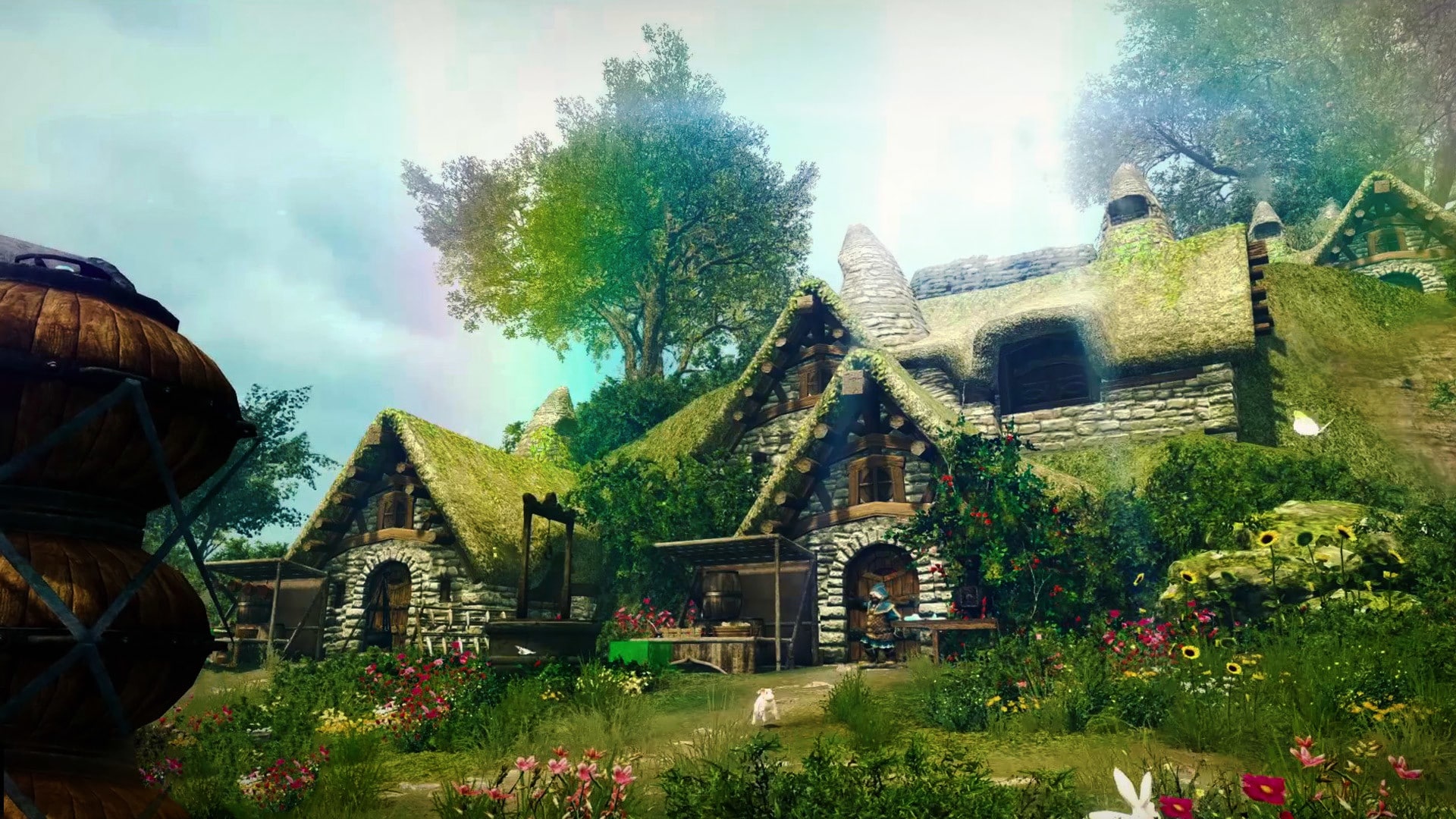Have you ever found yourself curious about a word that seems to pop up in really different places, carrying a few different ideas with it? It's kind of fascinating, isn't it, how a single collection of letters can take on such varied lives depending on where you hear it or who is saying it? Today, we're going to pull back the curtain on "archeum," a term that, as a matter of fact, holds more than one surprising sense. From ancient ideas about life itself to modern digital worlds and even everyday talk, this word certainly has a story to tell.
It turns out that words, like people, can have quite a bit of a journey through time and across cultures. What starts in one place or with one particular group of speakers might, you know, find its way into completely separate conversations, picking up new shades of significance along the way. That's very much the case with "archeum," a word that, in some respects, serves as a great example of how language itself can be a living, breathing thing, always changing and adapting.
So, we'll look at the different ways "archeum" has been used, giving us a little peek into how meanings shift and grow. We'll explore its historical roots, its place in more casual speech, and even its appearance in fictional settings. It's quite a trip, actually, seeing how one term can mean so many things to different folks.
Table of Contents
- What is the true archeum meaning?
- A Look at Archeum Meaning in Ancient Thought
- How Does Archeum Meaning Pop Up in Modern Slang?
- What is the Archeum Meaning in Gaming Worlds?
- Why Do Words Have So Many Archeum Meanings?
What is the true archeum meaning?
When you hear a word like "archeum," it's natural to wonder what it really means, especially since it doesn't sound like a common word we use every day. The truth is, there isn't just one single, straightforward answer, which is part of what makes it so interesting to talk about. This particular word, apparently, carries a few different ideas, depending on where you encounter it. It’s almost like it has multiple personalities, each one showing up in a distinct context. We're going to pick apart these different uses, giving each one its proper time in the spotlight, so you can get a full picture of what this term can signify. It’s a good way to see how language can be so flexible, you know, stretching to fit different needs and ideas over time.
A Look at Archeum Meaning in Ancient Thought
One of the more historical ways "archeum" has been talked about connects back to a group of thinkers called the Paracelsians. These folks, who were around quite a while ago, had a very particular way of looking at the natural world and how living things worked. For them, "archeum" wasn't just a word; it was, in a way, a very central idea. They believed it represented a kind of living energy or a guiding spirit that was present in all creatures, from the smallest plant to the largest animal. This idea was pretty important to their understanding of health and the way life itself kept going, almost like an invisible force that made everything grow and continue its existence. It was, basically, their way of explaining the spark that made something alive.
This concept of a "vital principle" was, you know, a pretty common thread in older forms of thought, especially before modern science gave us different ways to explain biological processes. People often looked for some kind of fundamental, animating essence that set living things apart from non-living matter. The Paracelsians, with their "archeum," were part of this long tradition of trying to grasp the deep mystery of life. It was a way to talk about what made a plant sprout from a seed or what kept a person breathing and moving. This "archeum" was, in their view, responsible for everything from basic growth to the more complex ways living beings interacted with their surroundings. It truly was a foundational part of their world view, giving meaning to the very idea of being alive.
The Archeum Meaning for Life's Spark
When we think about the "archeum meaning" in this historical sense, it's really about the search for the fundamental element that gives life its special qualities. It’s about the very idea of a living being having an inner drive, something that makes it distinct from a stone or a piece of wood. The Paracelsians considered this "archeum" to be the very core of a living thing, presiding over its functions and ensuring its continuation. It wasn't just a simple idea; it was a rather comprehensive explanation for how life sustained itself, how things healed, and how organisms developed. This sort of thinking, you know, helped shape early ideas about biology and medicine, even if our current scientific understanding has moved in different directions. It was a serious attempt to grasp the invisible forces that seemed to govern the natural world, a way of making sense of the world around them, actually.
They saw this "archeum" as a kind of internal manager, if you will, that directed the processes within every living form. It was thought to be the reason why a body could heal itself after an injury or why a seed knew how to grow into a specific kind of plant. This "archeum meaning" for them was deeply connected to the idea of an intrinsic life force, something that couldn't be seen or touched directly but was absolutely essential for existence. It was a bit like the blueprint and the builder all rolled into one, guiding the organism from its beginnings through its entire life cycle. This view, in some respects, gave a sense of purpose and direction to all natural processes, seeing them as guided by this inherent principle, so to speak.
How Does Archeum Meaning Pop Up in Modern Slang?
Moving from ancient philosophical ideas, we find a completely different "archeum meaning" in the everyday speech of young people, especially those with North African roots who speak French. This particular usage is borrowed from Arabic and, you know, is quite common among teenagers and young adults. Here, "archeum" isn't about a life force; it's an interjection, a word you throw into a conversation to express a feeling. More specifically, it’s used to show a sense of pity or shame. It's a way of saying, "Oh, that's a shame," or "I feel bad for you," but in a very casual, informal manner. It’s pretty interesting how a word can travel and pick up such a distinct, conversational role, isn't it?
This kind of linguistic borrowing happens all the time, actually, where words from one language get picked up and used in another, often with a slightly different flavor or in specific social settings. In this case, "archeum" can also be spelled "harcheum," and it apparently reminds people of another Arabic word, "harchouma," which means "shameful." So, you can see the connection there, even if the usage has shifted a bit to become more of an exclamation. It's typically used at the start of a sentence or as a quick reaction, kind of like saying "oof" or "yikes" in English, but with a specific emotional weight related to feeling sorry for someone or for a situation. It really shows how dynamic language can be, adapting to express very particular social nuances.
The Archeum Meaning in Everyday Talk
When we talk about the "archeum meaning" in this slang context, we're looking at how language is used to build connections and express immediate feelings within a particular group. It's a very human way of communicating empathy or disappointment. For example, you might hear someone say, "Archeum, that really didn't go well for you," or "Tu me archeum," which literally means "You make me pity," or "You make me feel sorry for you." There's also the expression "archeum pélo," which is a very informal way of telling a friend that they're in a bit of a pathetic situation or that you feel bad for them. These phrases are part of the shared vocabulary that helps young people connect and understand each other's emotional states without needing a lot of formal words. It's a quick, direct way to show you get it, you know, whatever "it" is that’s happening.
This informal use of "archeum" really highlights how words can become shorthand for complex feelings. It's not about a detailed explanation of why something is pitiful; it's about the immediate expression of that feeling. The fact that it’s often used by adolescents and young adults suggests it’s a part of a specific subculture’s linguistic identity, a way of speaking that marks them as part of a particular group. It’s a very good example of how language changes and develops over time, with new words or new uses for old words popping up to meet the communication needs of different generations. It’s pretty fascinating, actually, how these sorts of words just kind of emerge and become part of the daily rhythm of conversation, giving voice to shared experiences.
What is the Archeum Meaning in Gaming Worlds?
Shift gears completely, and you'll find yet another "archeum meaning" in the world of video games. Specifically, in a fantasy massively multiplayer online role-playing game (MMORPG) called ArcheAge, "archeum" refers to a very valuable resource. In this digital universe, it's not a philosophical concept or a slang term; it's a tangible item that players seek out, gather, and use for various purposes within the game's economy and crafting systems. This is a pretty common thing in fantasy games, you know, where unique materials are given special names to fit the lore and create a sense of importance for players. It’s quite different from the other meanings we've talked about, but it shows how a word can be adopted and given a completely new, specialized role within a fictional setting.
In ArcheAge, having "archeum" means you have something important, something that can help you progress, make better items, or gain an advantage. It's a key component in the game's mechanics, influencing how players interact with the world and with each other. The very existence of such a named resource helps build the game's atmosphere and gives players specific goals to work towards. It's a bit like finding a rare gem or a precious metal in a real-world setting, but within the rules and context of a digital adventure. This use of "archeum" is purely functional within the game's design, serving as a core element of its gameplay loop. It really helps define what players are striving for in that particular virtual world, giving them a clear target for their efforts.
The Archeum Meaning as a Digital Treasure
Looking at the "archeum meaning" within ArcheAge, it's clear that it functions as a form of digital wealth or a crucial component for progress. Players spend a lot of time and effort trying to get their hands on this resource because it's so useful for creating powerful gear, constructing buildings, or engaging in the game's economic activities. It’s not just a random item; it’s, you know, a central part of the game’s design that drives player engagement and strategy. The developers gave it a unique name to make it feel special and important within the game's lore, setting it apart from more common materials. This gives it a sense of mystery and value that encourages players to go on quests and explore dangerous areas to find it. It's a classic example of how fictional worlds use unique terminology to create depth and provide clear objectives for those who play. It truly shapes the player experience, making certain actions feel very rewarding.
The value of "archeum" in ArcheAge is, in some respects, a testament to the game designers' ability to create a compelling virtual economy. Players understand that getting more of this material means they can achieve more within the game, whether it's building a stronger character or gaining an edge in player-versus-player combat. This makes the "archeum meaning" in this context very practical and goal-oriented. It's a resource that dictates much of the player's activity, from where they choose to explore to what crafting professions they decide to pursue. It's a pretty smart way to keep players invested, giving them something concrete and important to strive for in their virtual lives, actually. It shows how even a made-up word can hold significant weight within a specific framework.
Why Do Words Have So Many Archeum Meanings?
It's pretty remarkable, isn't it, how one word, "archeum," can carry such different ideas across various contexts? We've seen it as a historical concept of a life force, a modern slang expression of pity, and a valuable item in a fantasy game. This phenomenon isn't unique to "archeum," though; it's a fundamental part of how language works and changes over time. Words are, you know, incredibly adaptable. They can be borrowed from one language to another, sometimes keeping a similar sense, sometimes taking on a completely new one. They can also develop specialized meanings within specific fields, like science, technology, or even video games, which are very much their own little worlds with their own vocabularies.
The reasons for this kind of linguistic flexibility are varied. Sometimes, a word is simply picked up because it sounds good or fits a need for a new way to express something. Other times, it's adopted into a specific domain, like a game, because it sounds fitting for the setting or the item it represents. The original meaning might fade, or it might coexist with the newer ones, leading to a word that has a rich, layered history. This process of meaning expansion and diversification is actually what keeps language vibrant and able to meet the communication needs of different groups and different eras. It's a testament to the creative ways people use words, shaping them to fit their particular circumstances and expressions, so to speak.
So, when you encounter a word like "archeum" and discover its multiple lives, it's a good reminder that language is anything but static. It's a living, breathing system, constantly evolving and adapting. The "archeum meaning" you find might depend entirely on whether you're reading an old text about natural philosophy, listening to young people chat, or playing a digital game. Each context gives the word a distinct flavor and purpose, showing just how rich and flexible our words can be. It’s pretty cool, actually, to see how these different layers of meaning can exist side by side, giving a simple word a surprisingly complex story.


